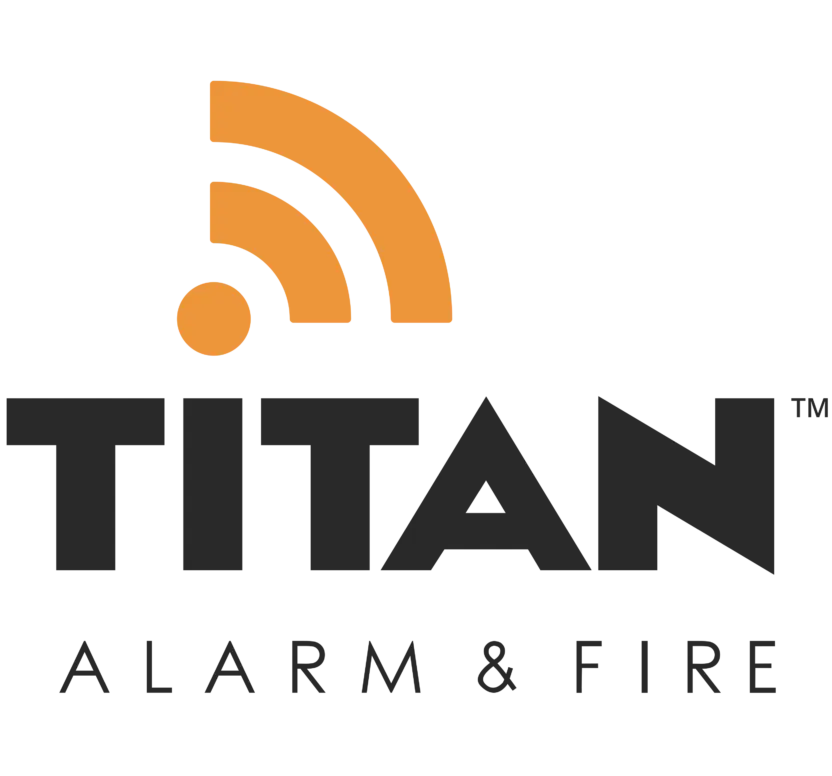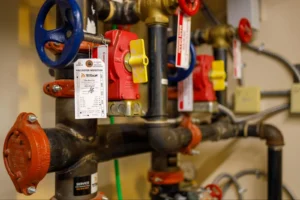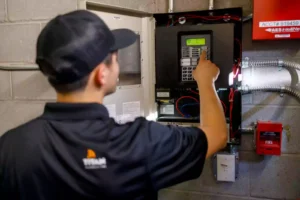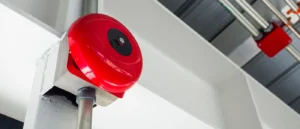
Smoke Detector Beeping? Here’s Why Your Fire Alarm Goes Off Randomly
You’re finally asleep when it happens: that single sharp chirp from the ceiling, or worse, a full siren in the middle of a quiet night. You stumble around the hallway, press buttons, swap a battery at random, and hope it stops. Two nights later, it’s back. If your smoke detector




